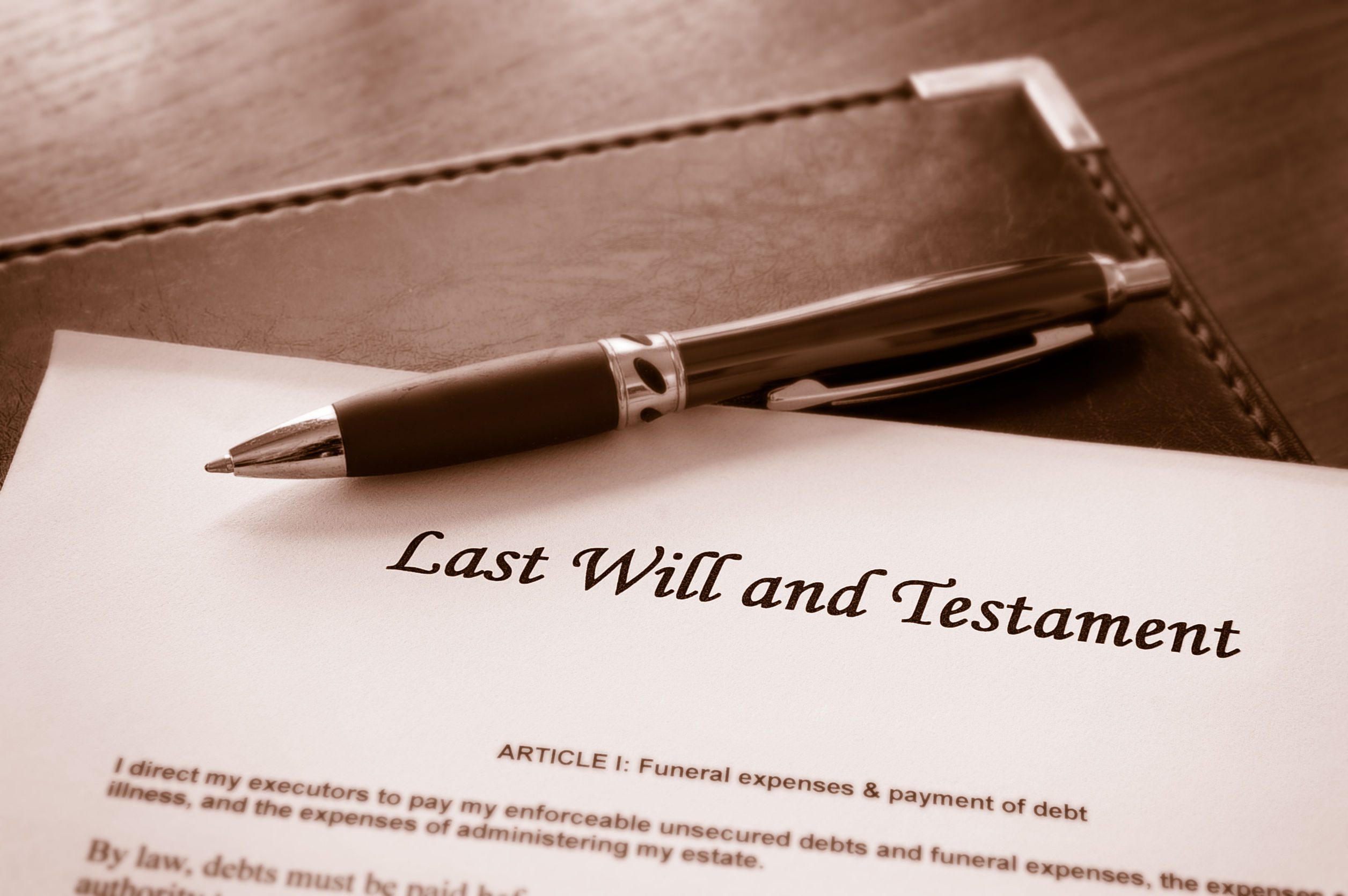Many people believe that having a will is only important once you are reaching the end of your life. While an in depth will may not be as important when you are young, it is still a good idea to update your will as often as possible.
Why is it important to have a will in the first place?
First, a will can state who will receive your belongings.
This is the most common reason why people create wills. Without a will, your state laws determine how your property will be distributed after you die. In most cases, these laws will give your belongings to your closest relatives, like your spouse, children, or parents. Without a will, this process can be very emotional and stressful for remaining family. An up-to-date will makes your wishes clear on who should receive what, and helps eliminate any disputes between family members.
Second, a will can name an executor.
Your executor, or personal representative as referred to in some states, will help wrap up your estate. They see that all personal financial affairs are taken care of after death. It is their responsibility to take care of property, pay bills and taxes, and help distribute assets and belongings to the new and rightful owners. If you don’t have a will or do not name an executor, one is usually appointed by a court to handle these financial affairs.
Third, a will can name a guardian for your children.
If you have children that are under the age of 18, this is another very important reason to have an up-to-date will. A formal will is the only place you can officially state who you would like to have responsibility over your children if you are to die before they are 18 years old. In the case of dying without a will to name guardianship for your children, the court will decide who is most capable of caring for your children.
Fourth, a will can name a property manager.
In case you want to leave any property to underage children, you will need to name a property manager to oversee and take care of the property until the children are 18 years old. All property is required to be managed by an adult. With naming a property manager, you can also leave instructions on how the property should be managed.
Fifth, a will can act as a backup for a trust or other estate plan.
Even if you have a trust or estate plan, you will still want to consider having an up-to-date will. A will can cover or catch any other items or property that aren’t specifically covered in a trust or estate plan. Having an up-to-date will can ensure that any property you acquired after your living trust is made will be covered and taken care of.
If you already have a will, it is important to review it periodically and make sure it is up-to-date. You want to make sure your will always accurately reflects your wishes and situation. It is a good idea to review your will every few years or after a major change in your life, such as the birth of a child or move to a new state. Keep in mind that state laws on wills and property vary so it is important to update your will after moving. Up-to-date wills are also important for several different reasons. An up-to-date will ensures:
- Your current wishes are taken care of at your time of passing.
- Stress of working out any complicated matters doesn’t fall upon your mourning family.
- Those who you want to take care of your children are able, willing, and prepared to take on responsibility.
- All of your property is accounted for and has a beneficiary.
SOURCES:
http://www.finweb.com/retirement/the-importance-of-an-up-to-date-will.html#axzz46JWKT61c
http://www.nolo.com/legal-encyclopedia/why-is-it-important-make-will.html






